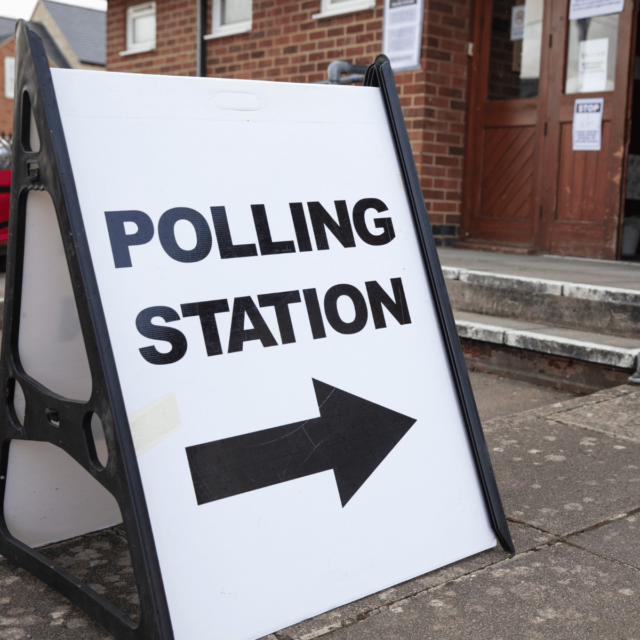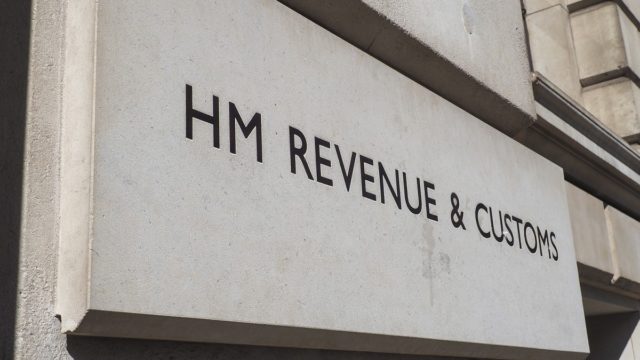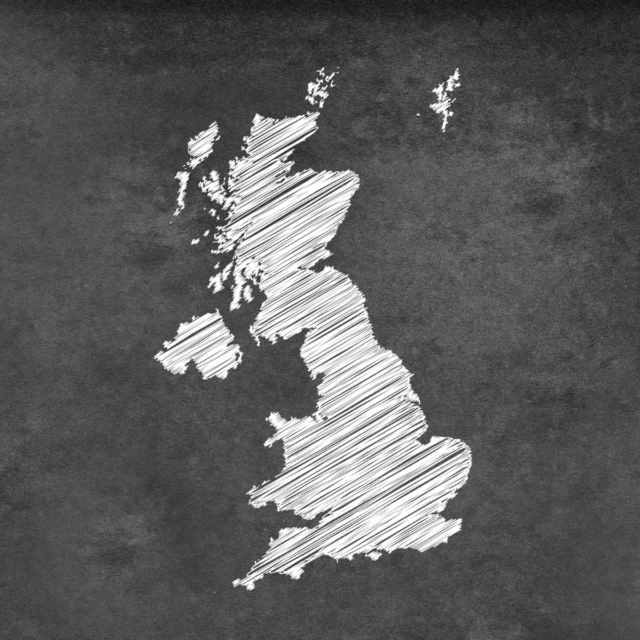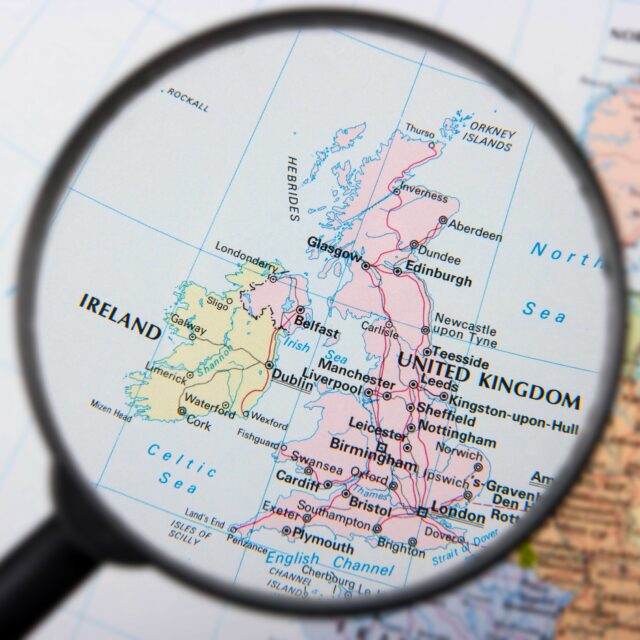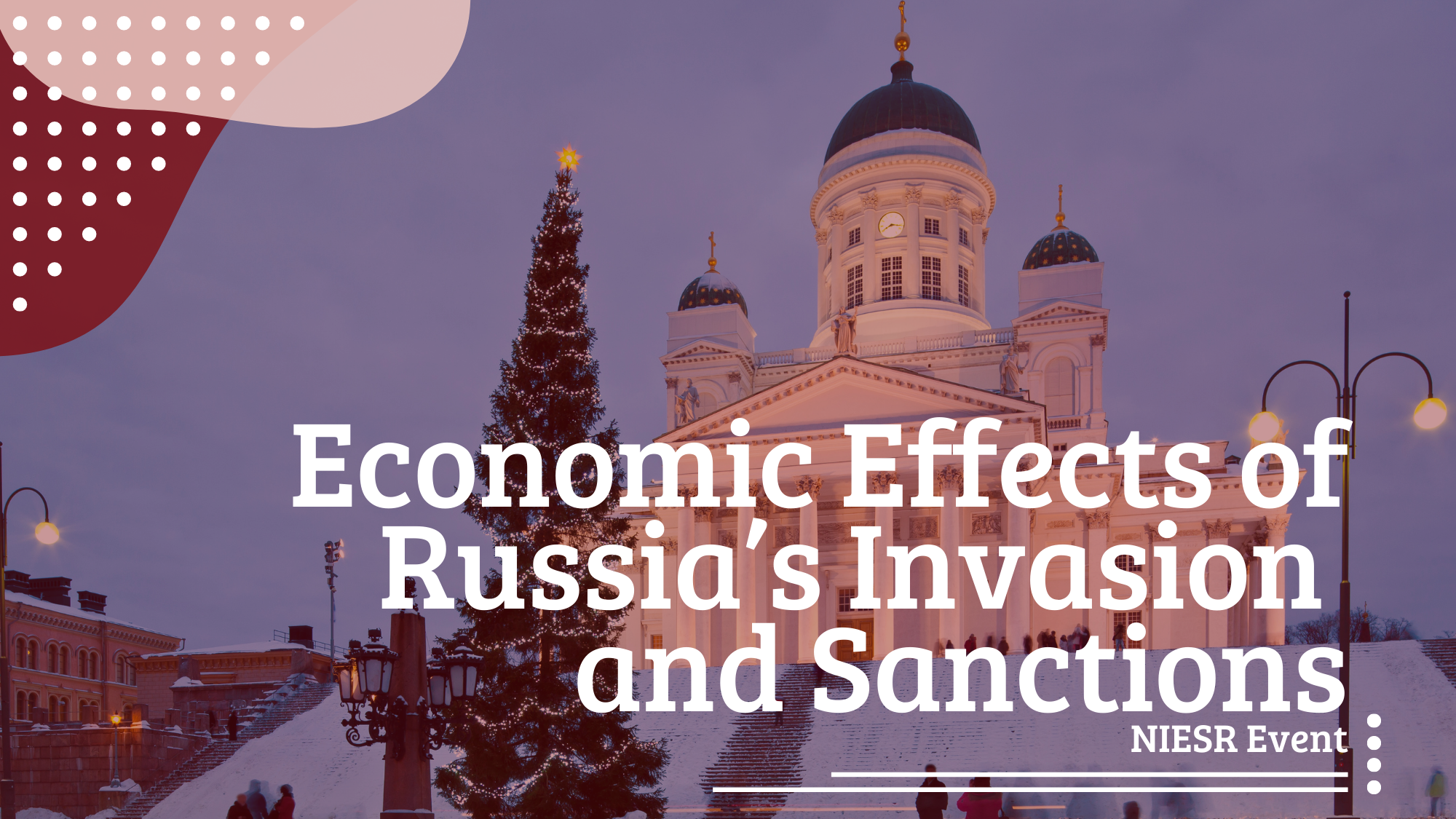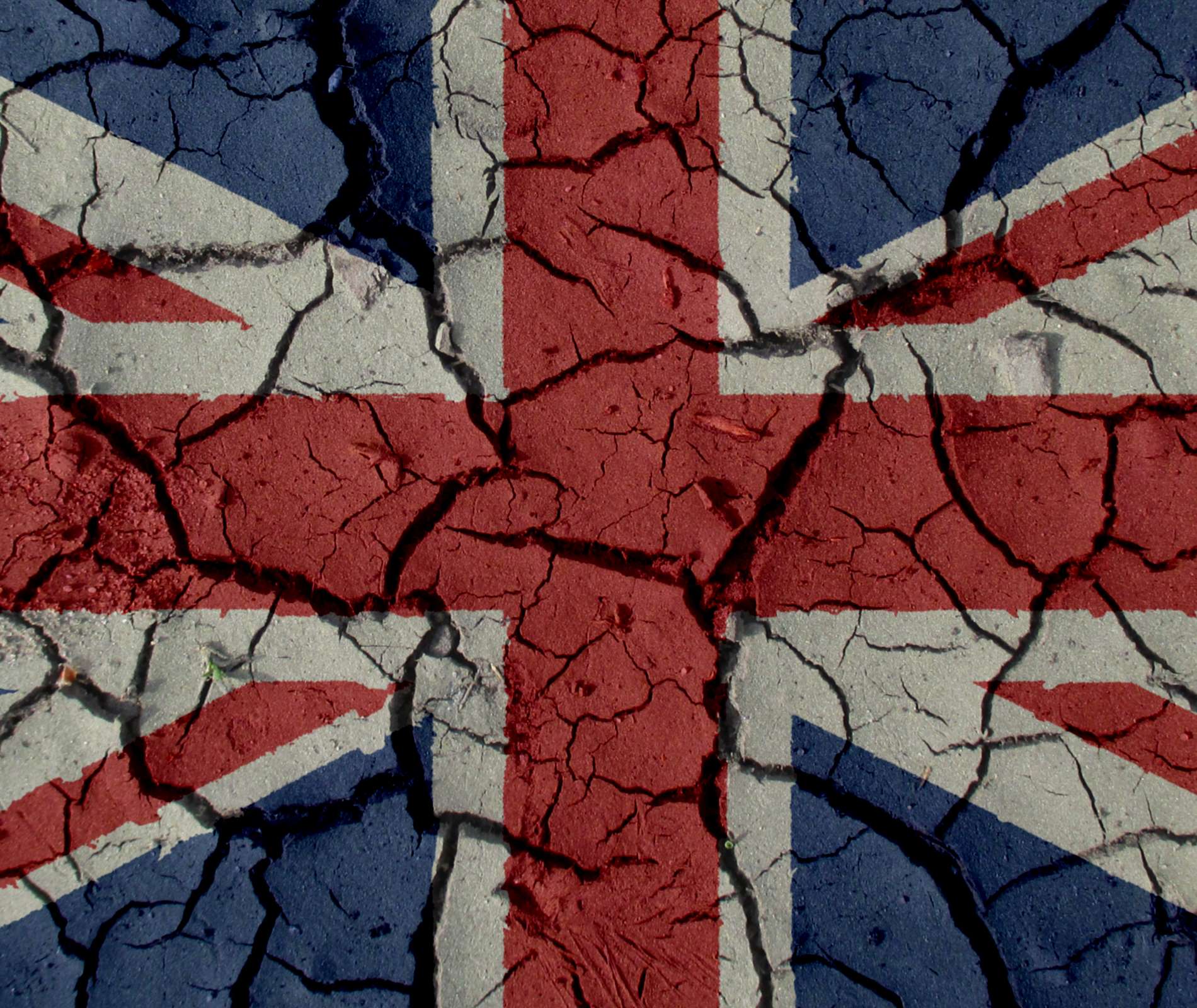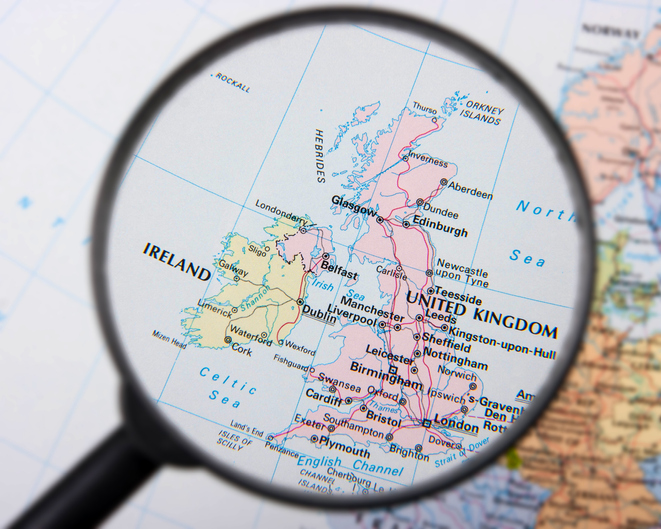Managing Scotland’s Border after Independence and European Union Accession
An independent Scotland would need to decide on its trade arrangements with third countries, including the rest of the UK and the EU. We show that choosing to align more closely with the EU, as some pro-independence supporters advocate, means incurring trade costs with the UK which is currently Scotland’s biggest trade partner. Better domestic economic policy leading to substantial improvements in productivity or a significant reorientation of trade patterns would be required to help mitigate this impact but this may take time and cannot, of course, be guaranteed.
 Pub. Date
Pub. Date
 Pub. Type
Pub. Type
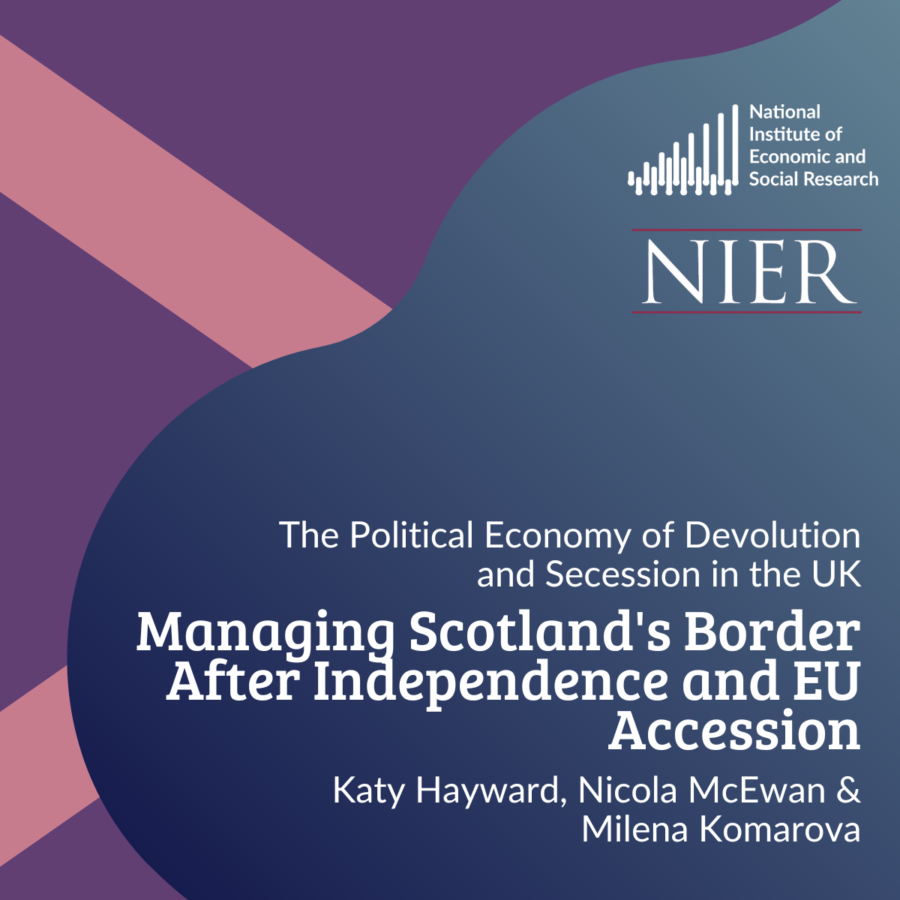
Main points
- If an independent Scotland were to rejoin the EU, it would be responsible for ensuring that all goods and services entering the Scottish (and therefore the EU) market met EU standards, to protect the integrity of the European single market. This would require setting up a system of border management for Scotland’s land and sea borders.
- In practice, managing Scotland’s borders after independence will require 4 things: information, resources, infrastructure and communication. As we have seen in recent scenes from Dover-Calais border crossing, a failure on any of these fronts can bring obvious problems.
- Every border has two sides, and effective border management requires cooperation between authorities on either side. Managing a hard border with minimal disruption entails helping all concerned to prepare for the new hurdles and adapt to navigating them. As such, early recognition and spelling-out of what all of this entails could help ease the effects of a more distant political relationship between the constituent territories of these islands.
- Necessarily too, the type and extent of border controls would be fundamentally shaped by the relationship between independent Scotland and the remainder of the UK as well as that between the UK and the EU.
Brexit has both increased the momentum towards Scottish independence and complicated what it could mean in practice, especially if Scotland rejoins the European Union (EU). EU accession would re-open the flow of goods, people, services and capital between Scotland and other EU member-states; a corollary of this, however, would be new restrictions on movement between Scotland and its non-EU neighbours. Effective border management entails a variety of ‘at the border’ and ‘behind the border’ processes. As much as these would require dedicated infrastructure and trained personnel, they would ultimately depend upon reliable data/information and good communication among myriad agencies, including on the other side of the border. Fundamentally, the nature and form of the border controls would be determined largely by the relationship that independent Scotland had with the remainder of the UK—and, principally, on the relationship that the UK develops with the EU.
Read this open access article here





